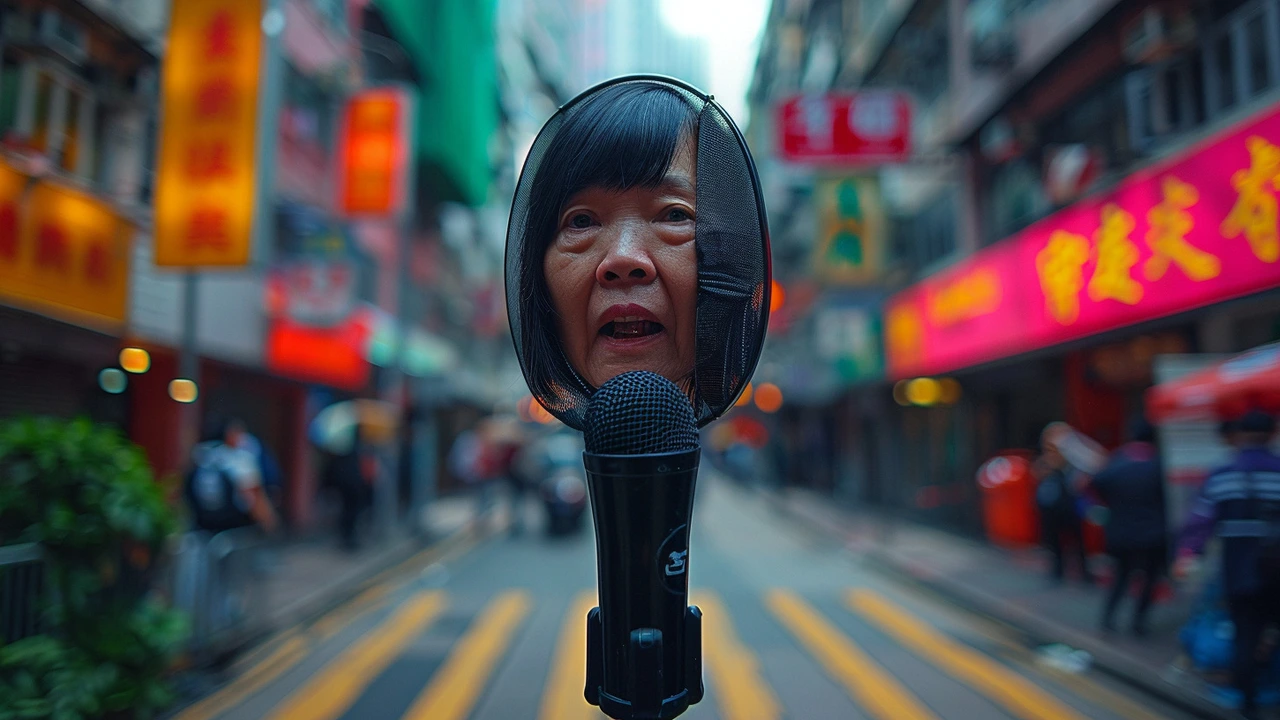Labor Marches: What’s Happening Now and Why They Matter
Labor marches are more than just crowded streets—they’re powerful public conversations about workers' rights and social change. Whether you’re in Cape Town or elsewhere, these marches highlight the struggles, demands, and voices of everyday working people pushing for fair treatment, better pay, or improved conditions.
When you hear about labor marches, think of them as a snapshot of ongoing tensions or breakthroughs in workplaces and communities. It's not just about huge demonstrations—sometimes smaller, local walkouts or rallies can spark important changes or draw attention to overlooked issues.
What Triggers Labor Marches?
Usually, labor marches happen because workers or unions are frustrated with something—maybe stalled negotiations on wages, unsafe work environments, or policies that seem unfair. For example, workers in banks or schools might walk out when their voices feel ignored or when essential resources are cut.
Sometimes, these marches also respond to bigger economic or political shifts, like tariff increases or changes in government labor laws. People rally to show solidarity and demand governments or companies listen up.
Why Should You Care?
Even if you're not directly involved, labor marches often impact your daily life—from the availability of public services to the prices of goods. They also remind us to pay closer attention to how the work behind the scenes keeps cities ticking. Watching or following these events gives insight into the challenges workers face and the ongoing fight for fairness.
In Cape Town, labor marches can reflect unique local issues, but they also connect to global trends. So next time you see news about a march, remember it’s not just noise on the street; it’s real people pushing for changes that could affect us all.
Hong Kong Labor Rights: Urgent Calls for Better Wages and Restoration of May Day Marches
In Hong Kong, the silence of Labor Day marches since 2019 and the slow government response to workers' demands highlight a growing dissatisfaction. Chan Po-ying of the League of Social Democrats criticizes the government and major unions for not adequately supporting low-wage workers.

